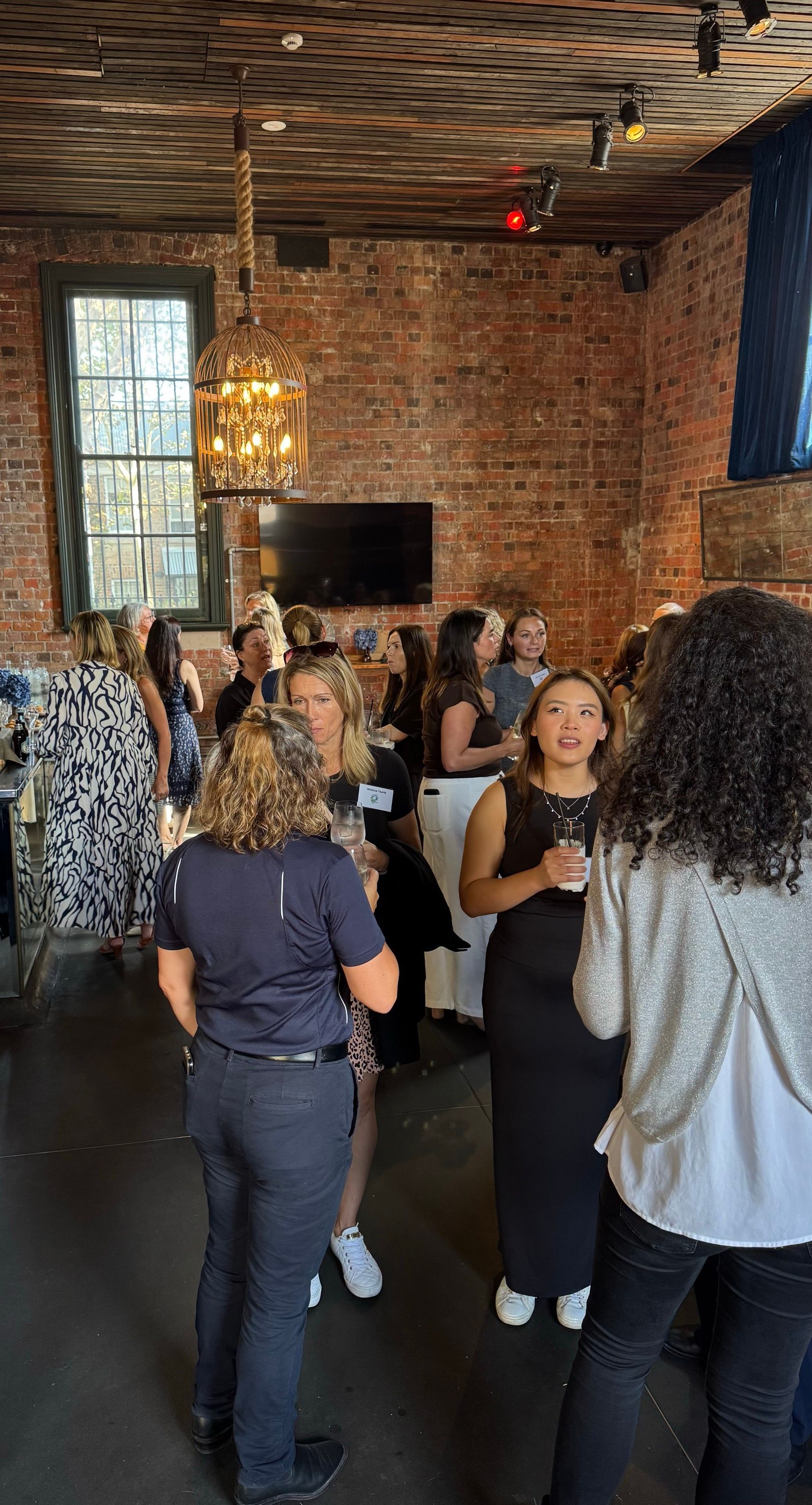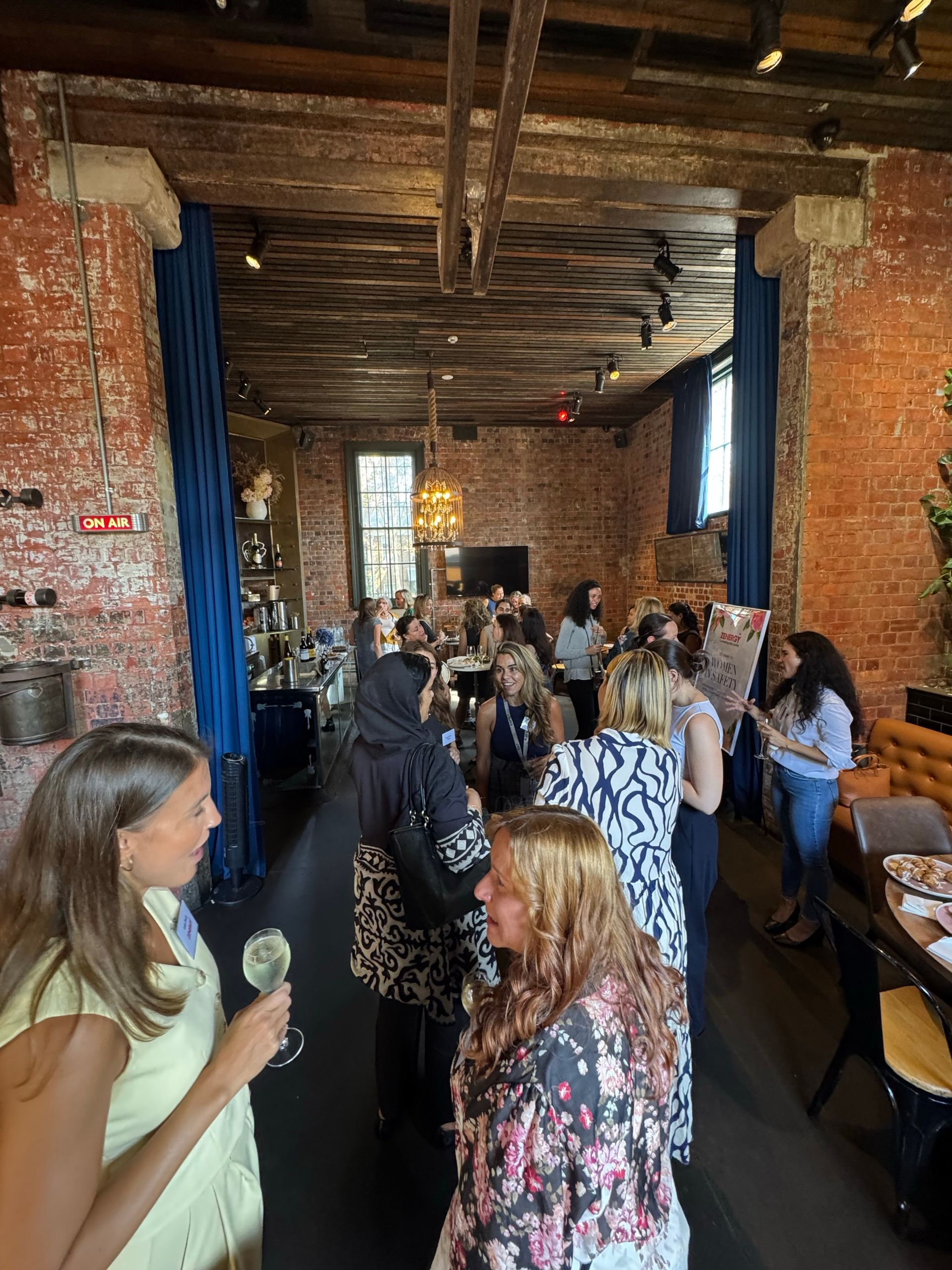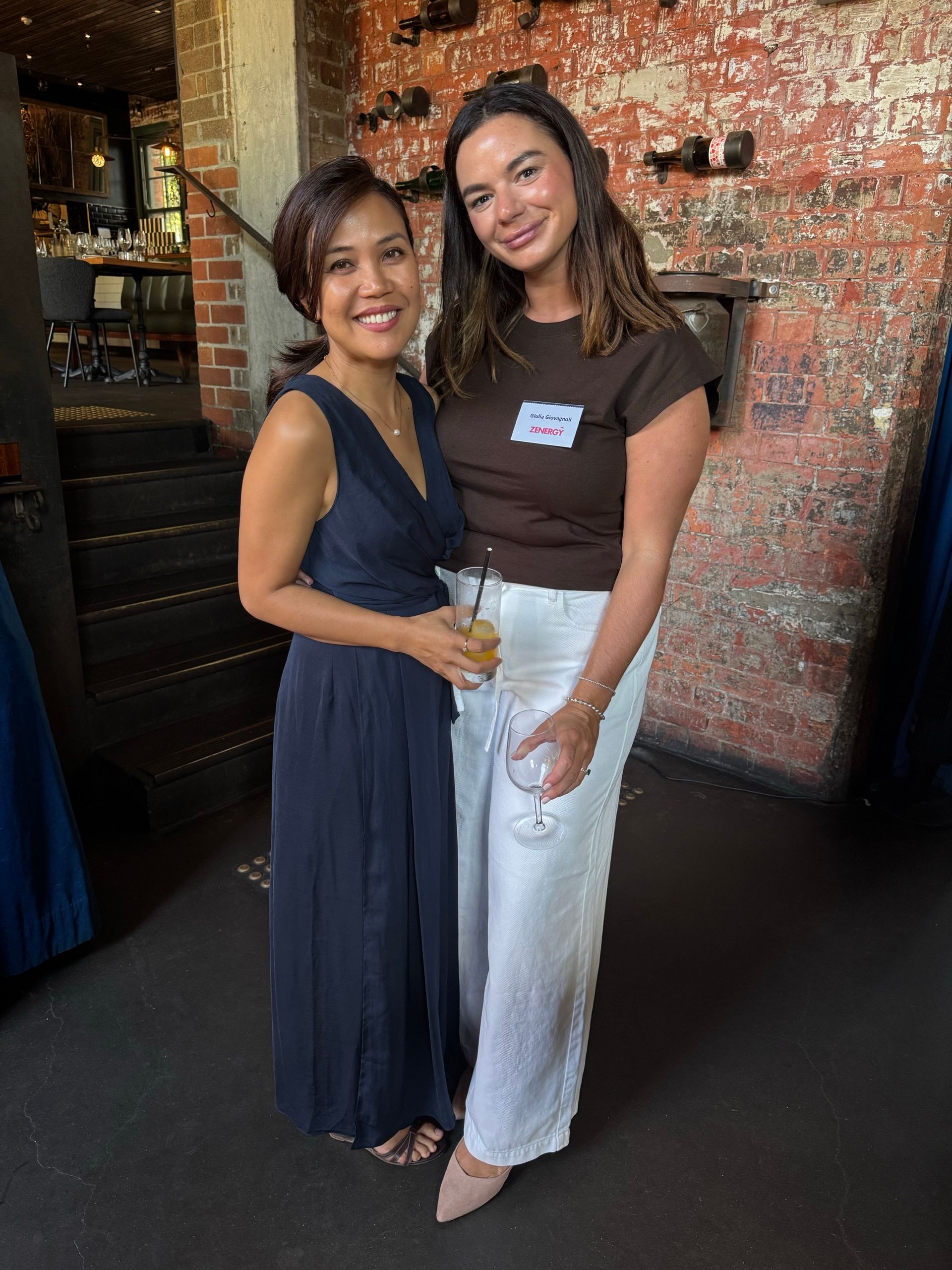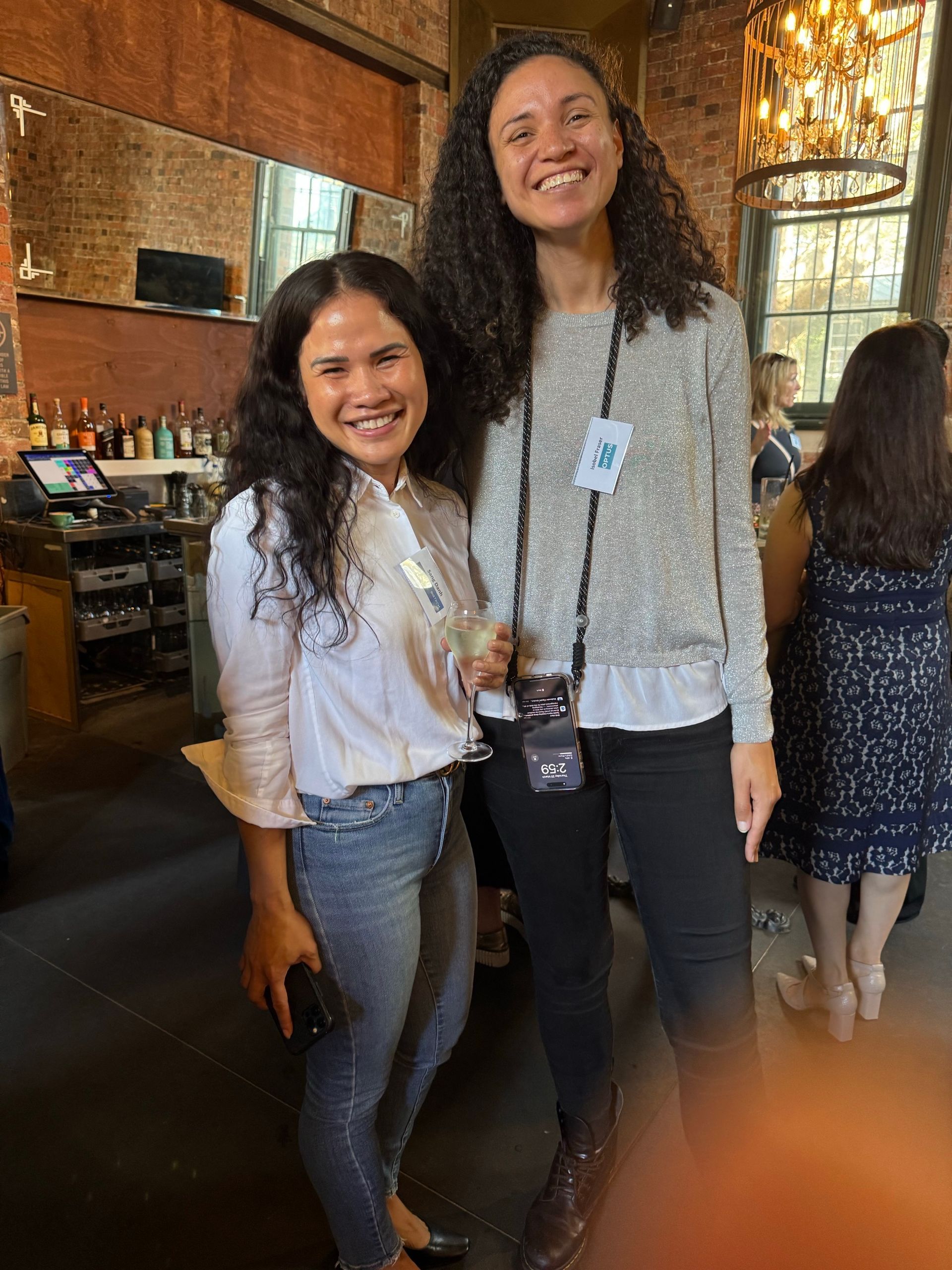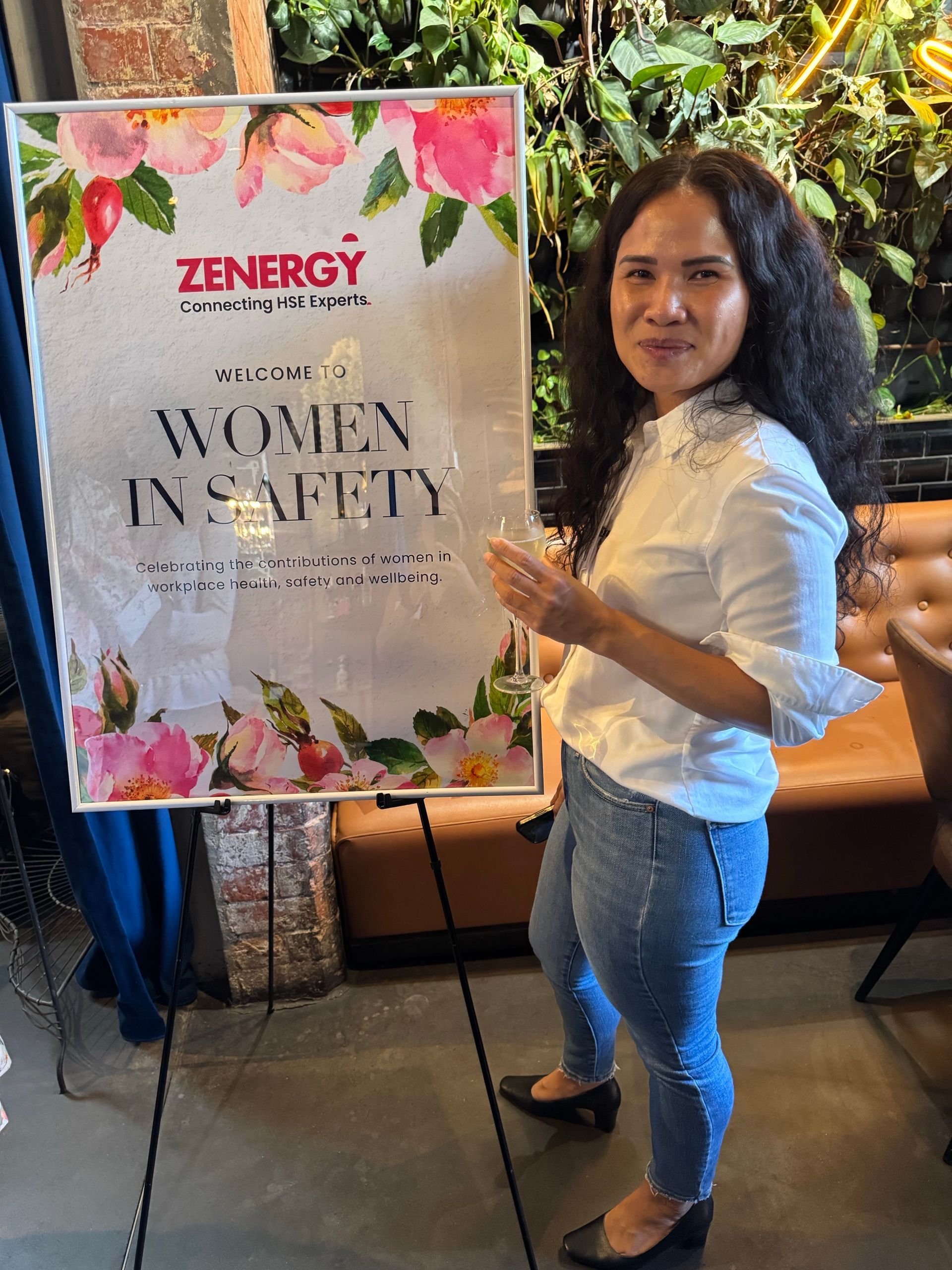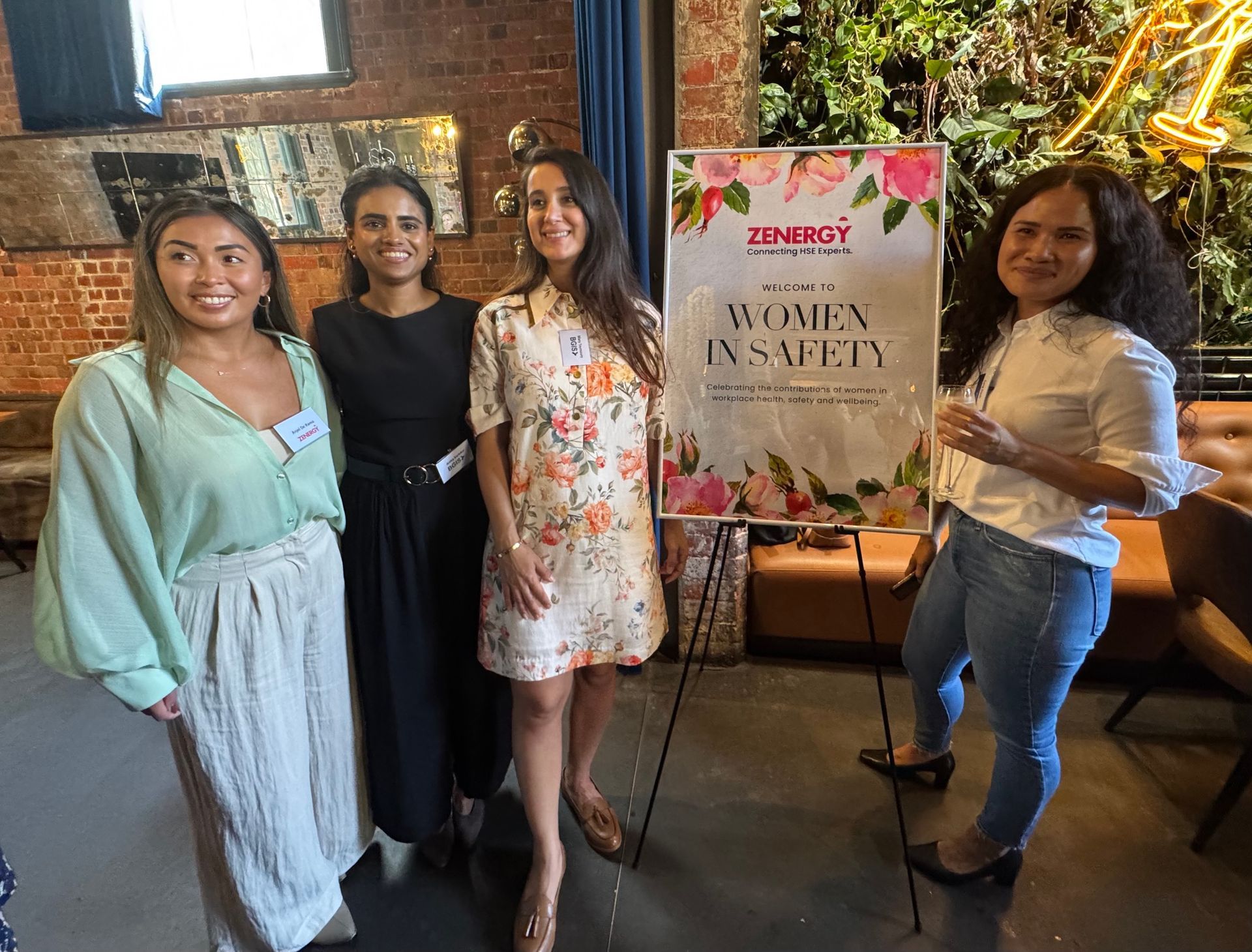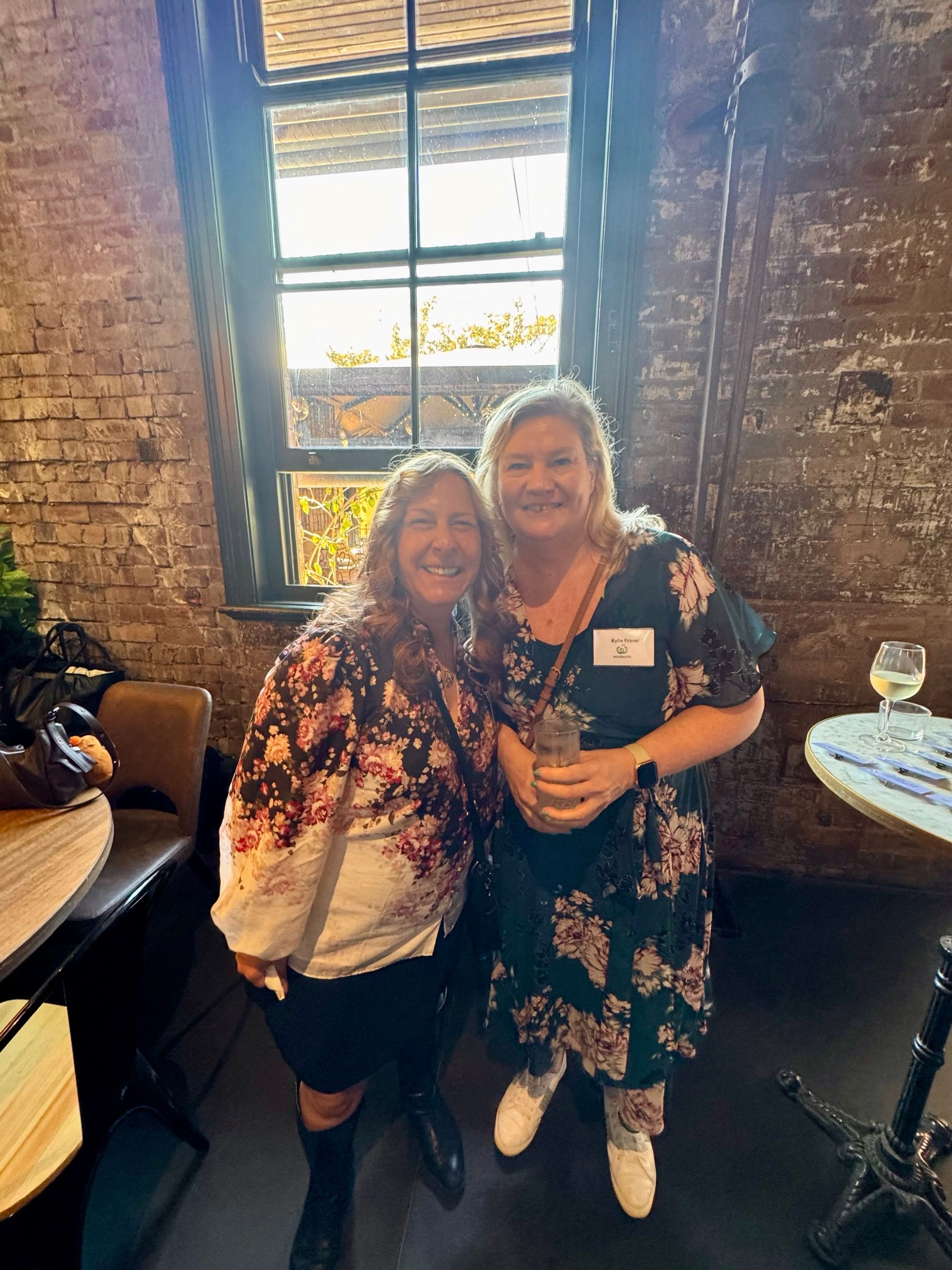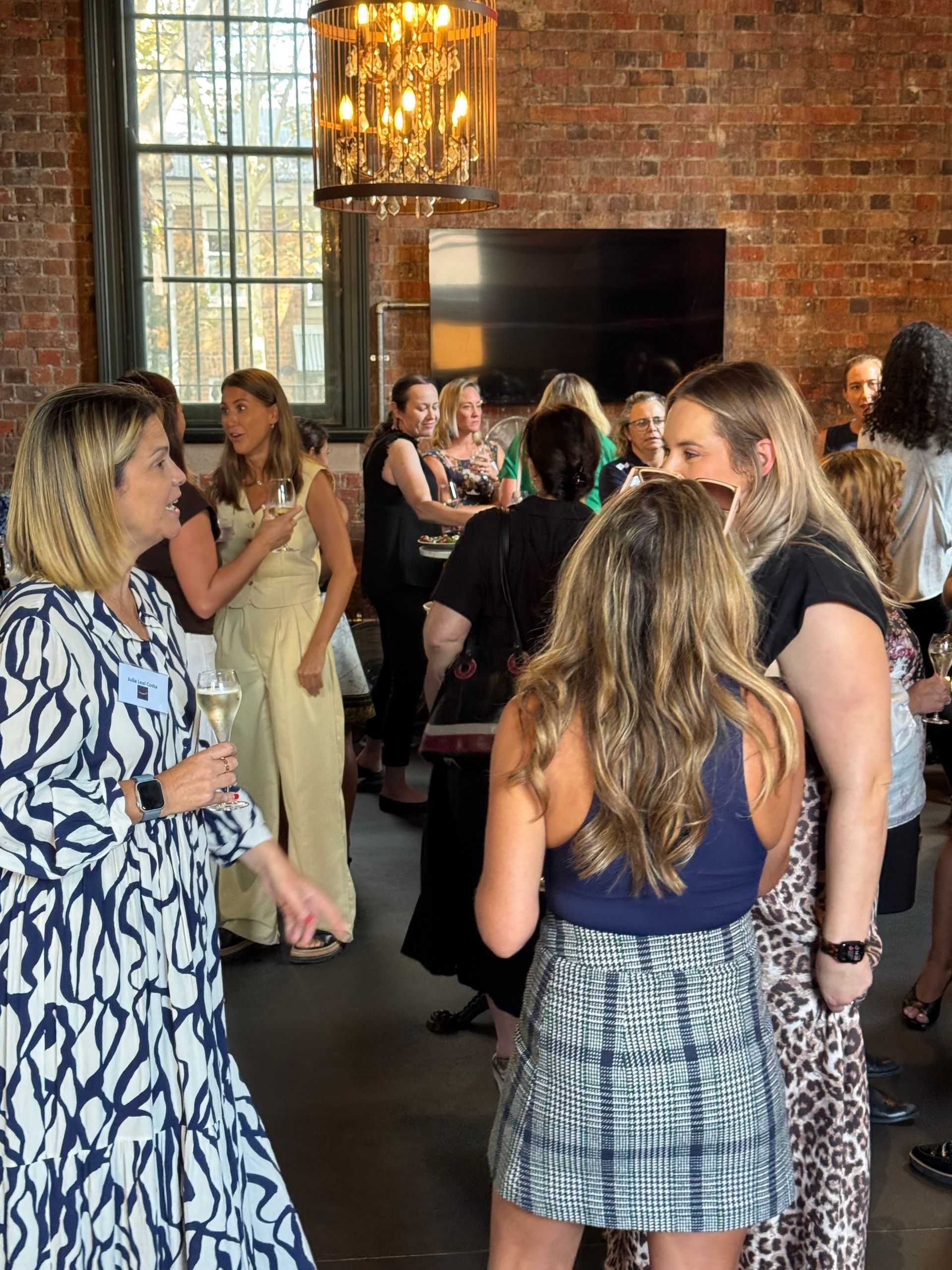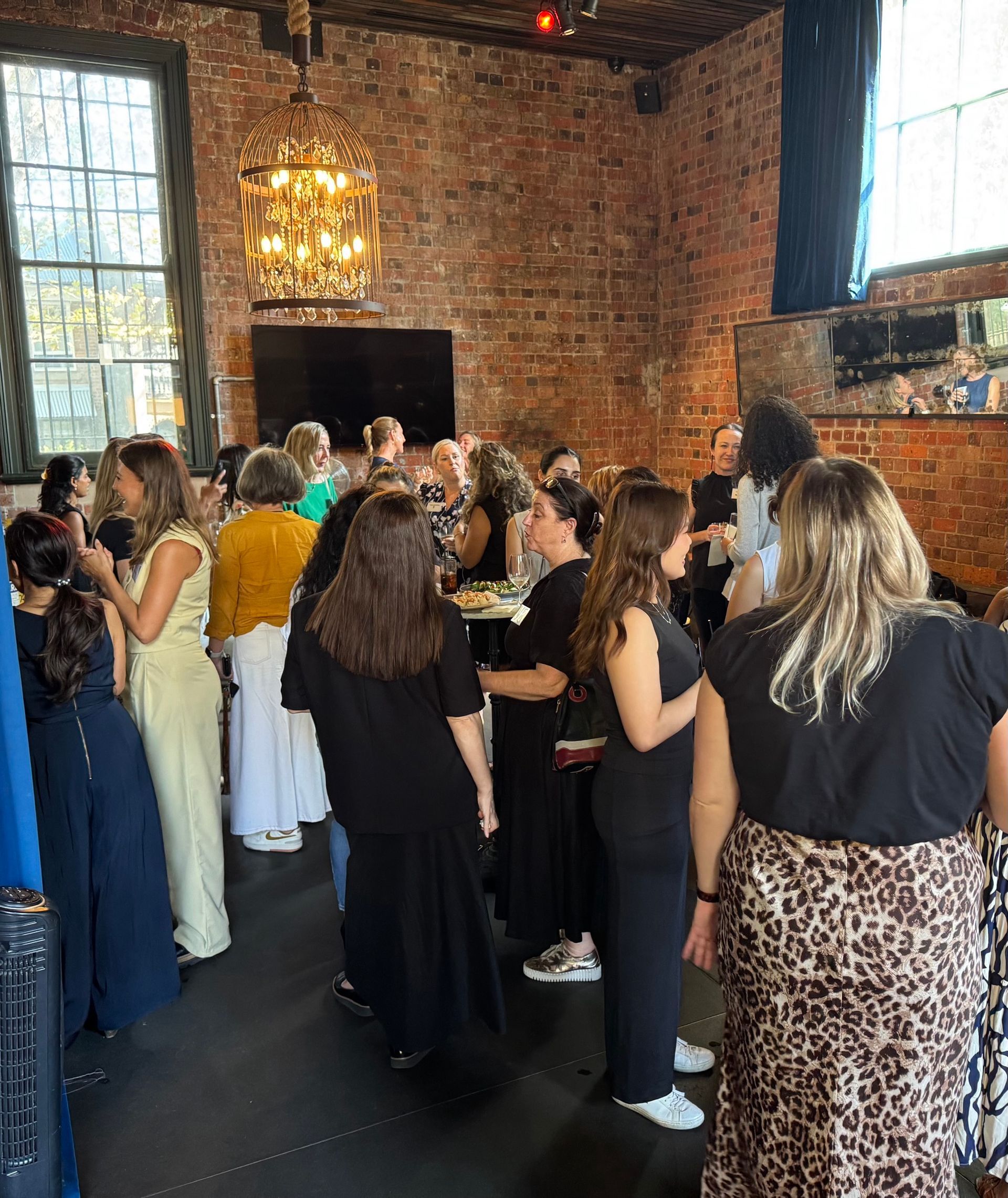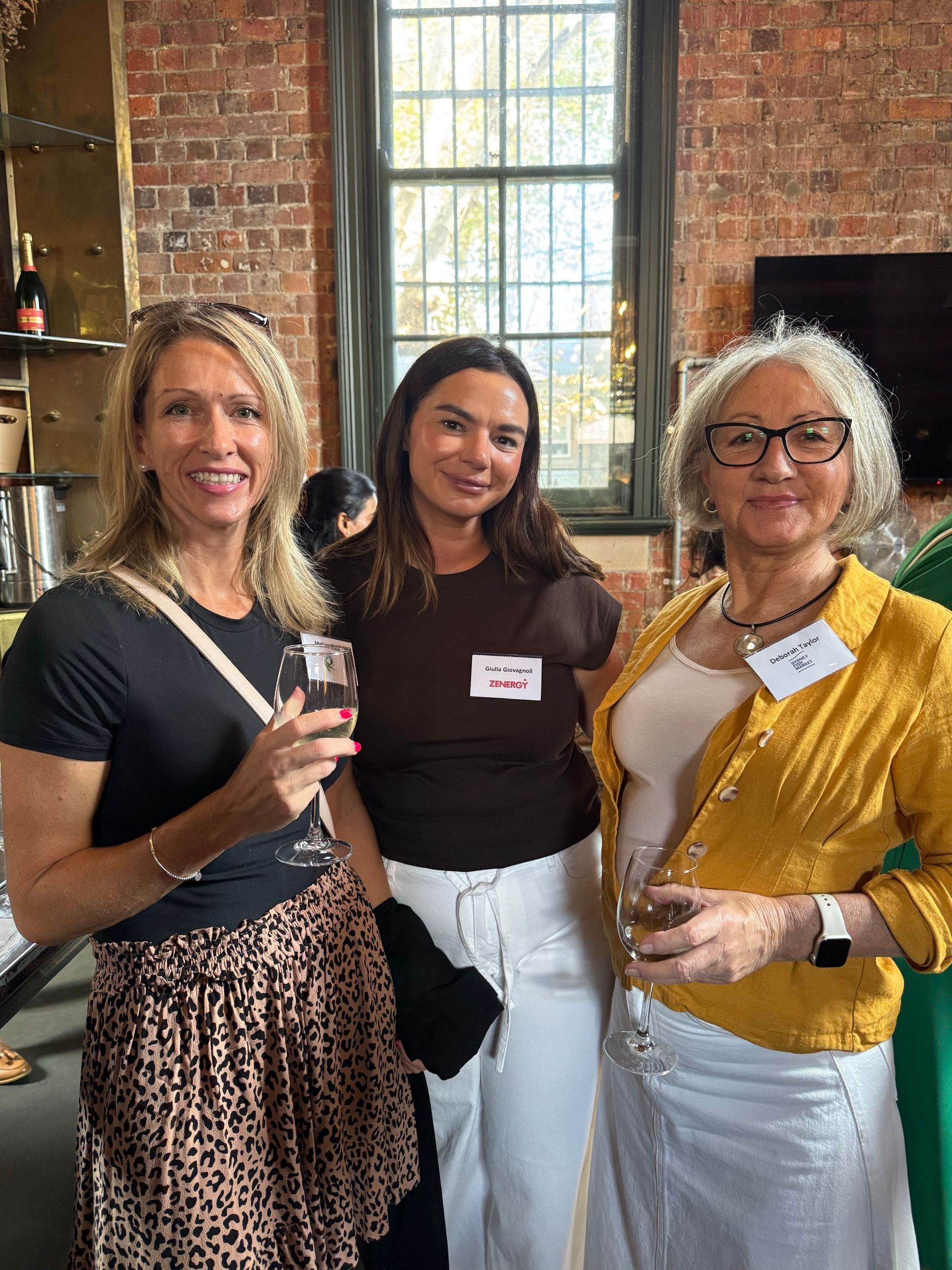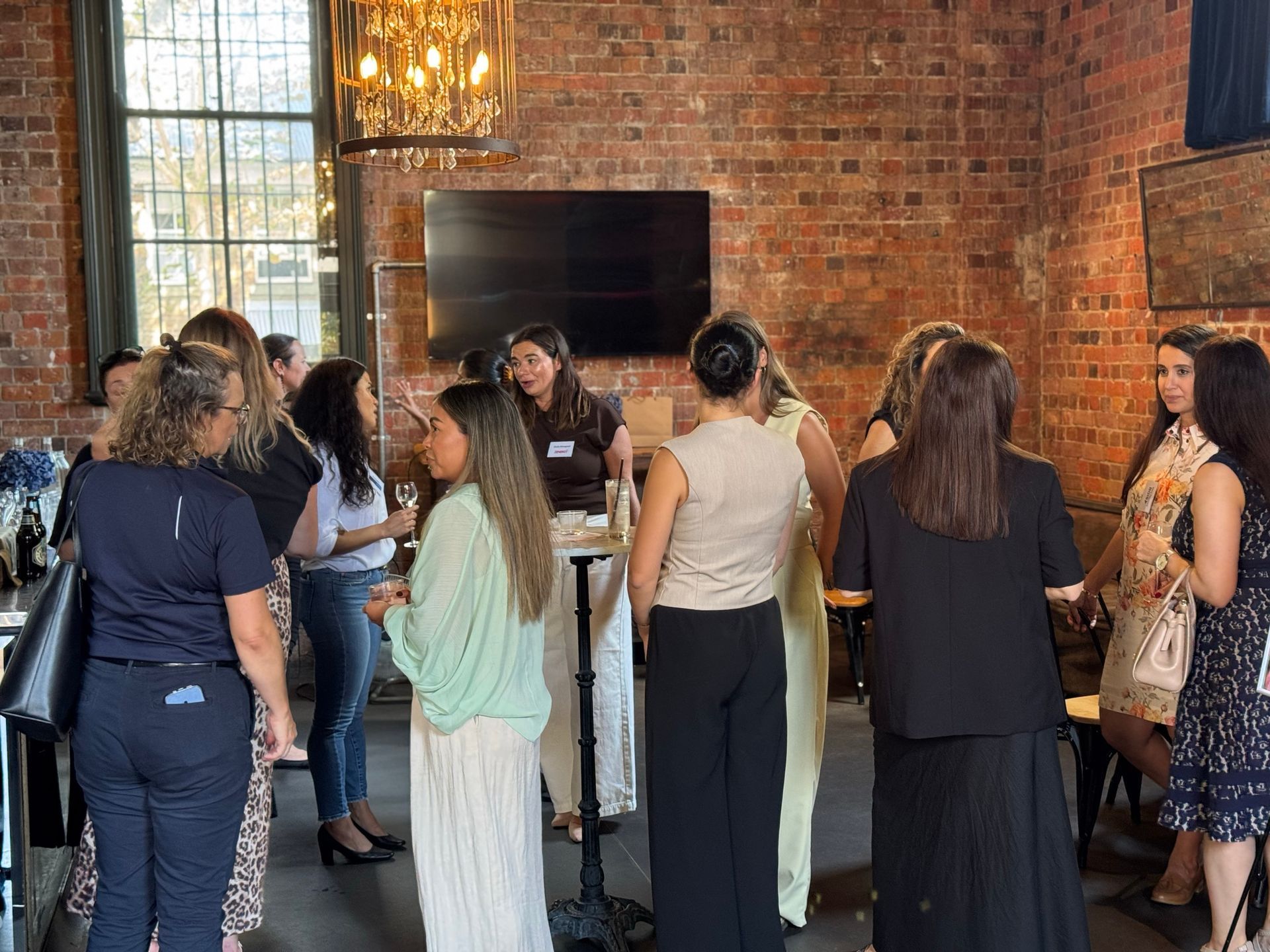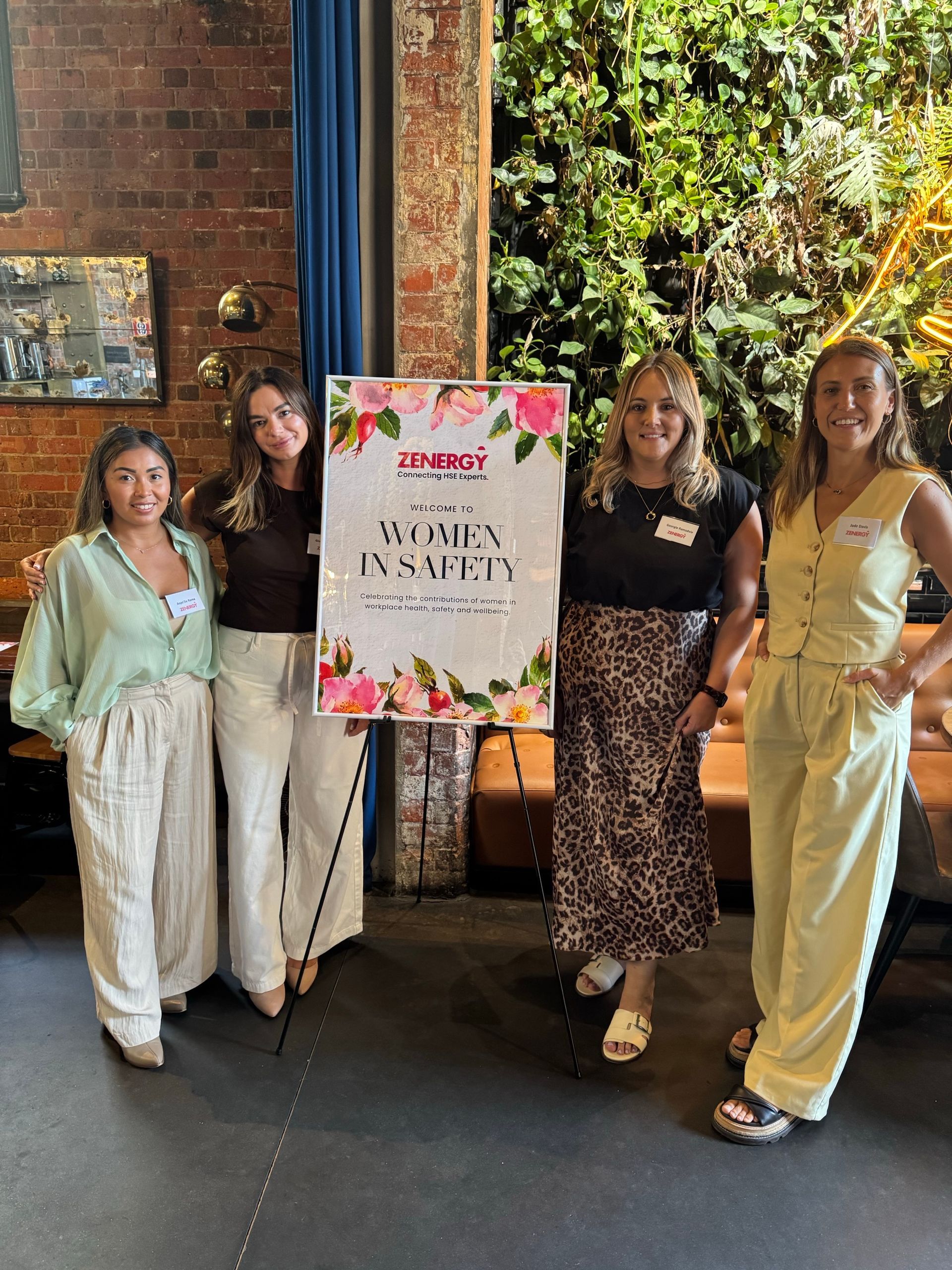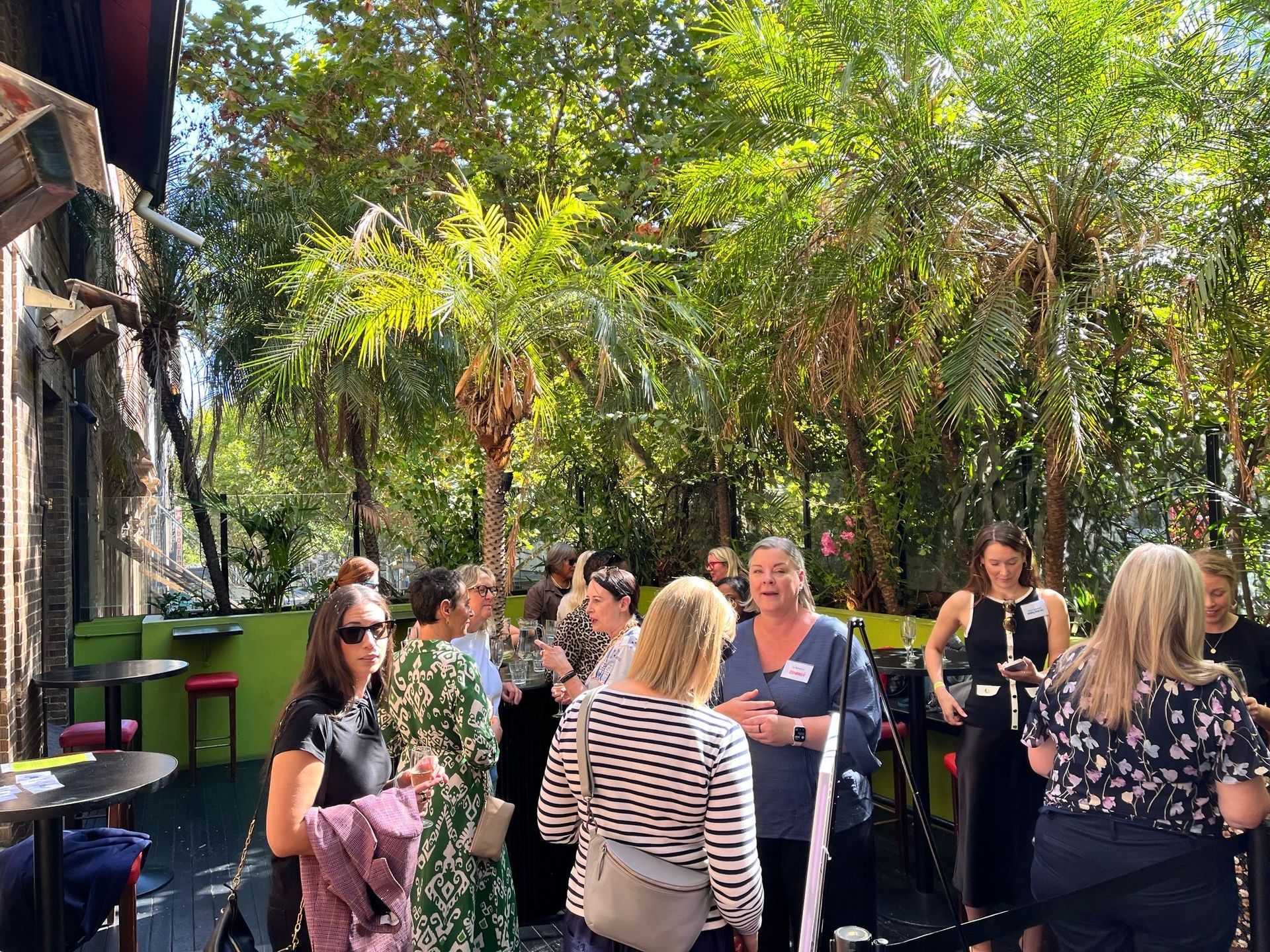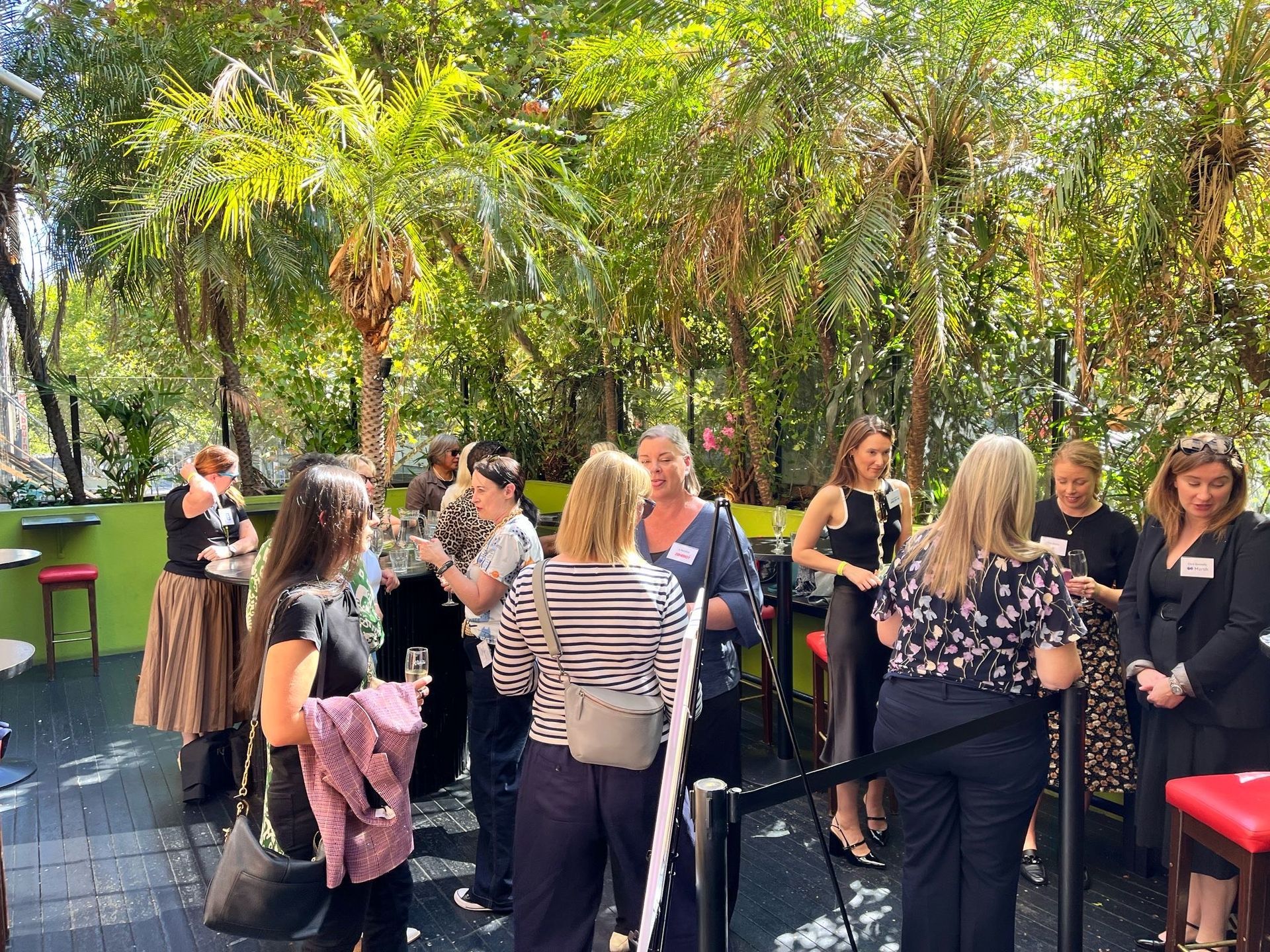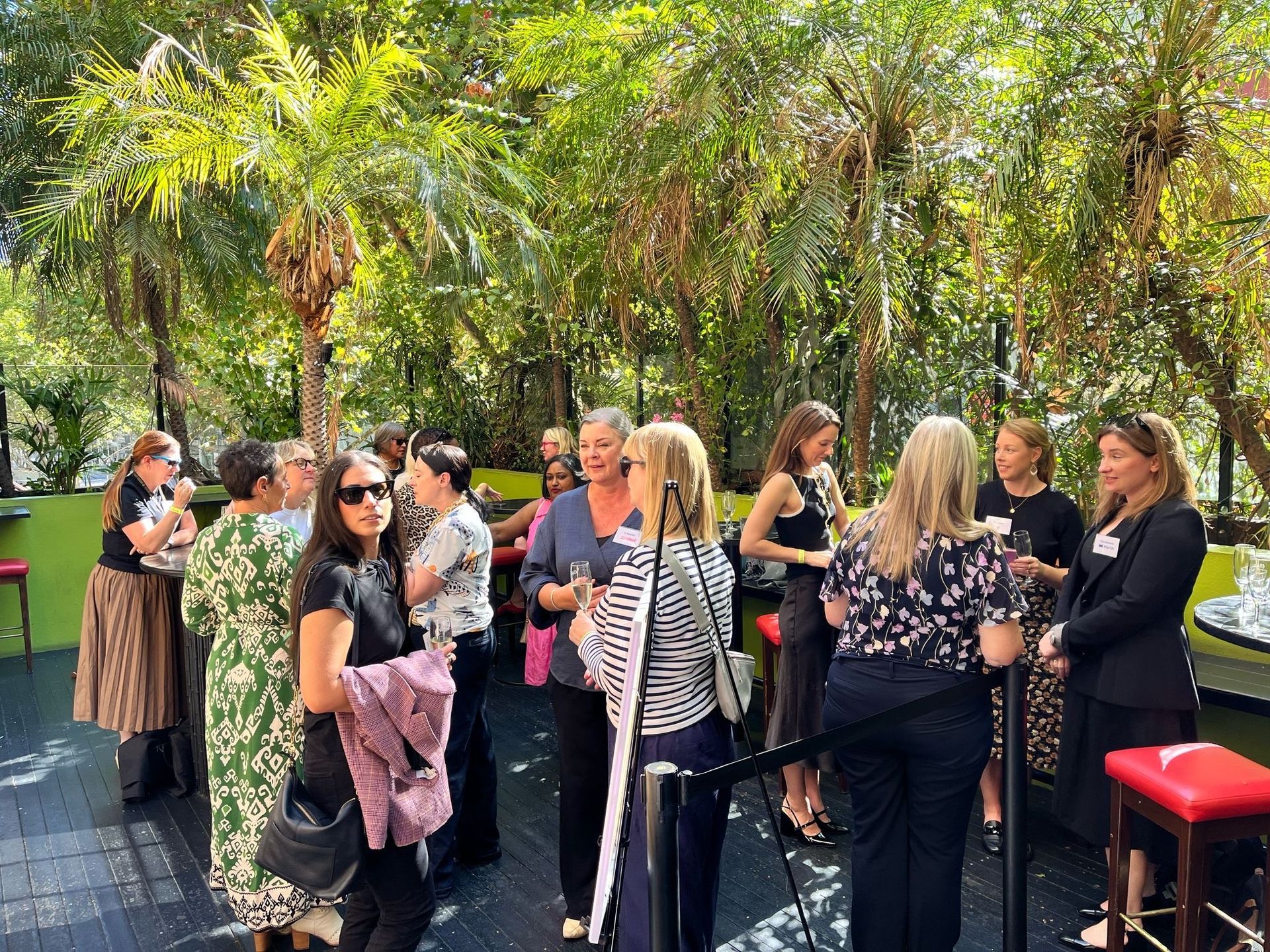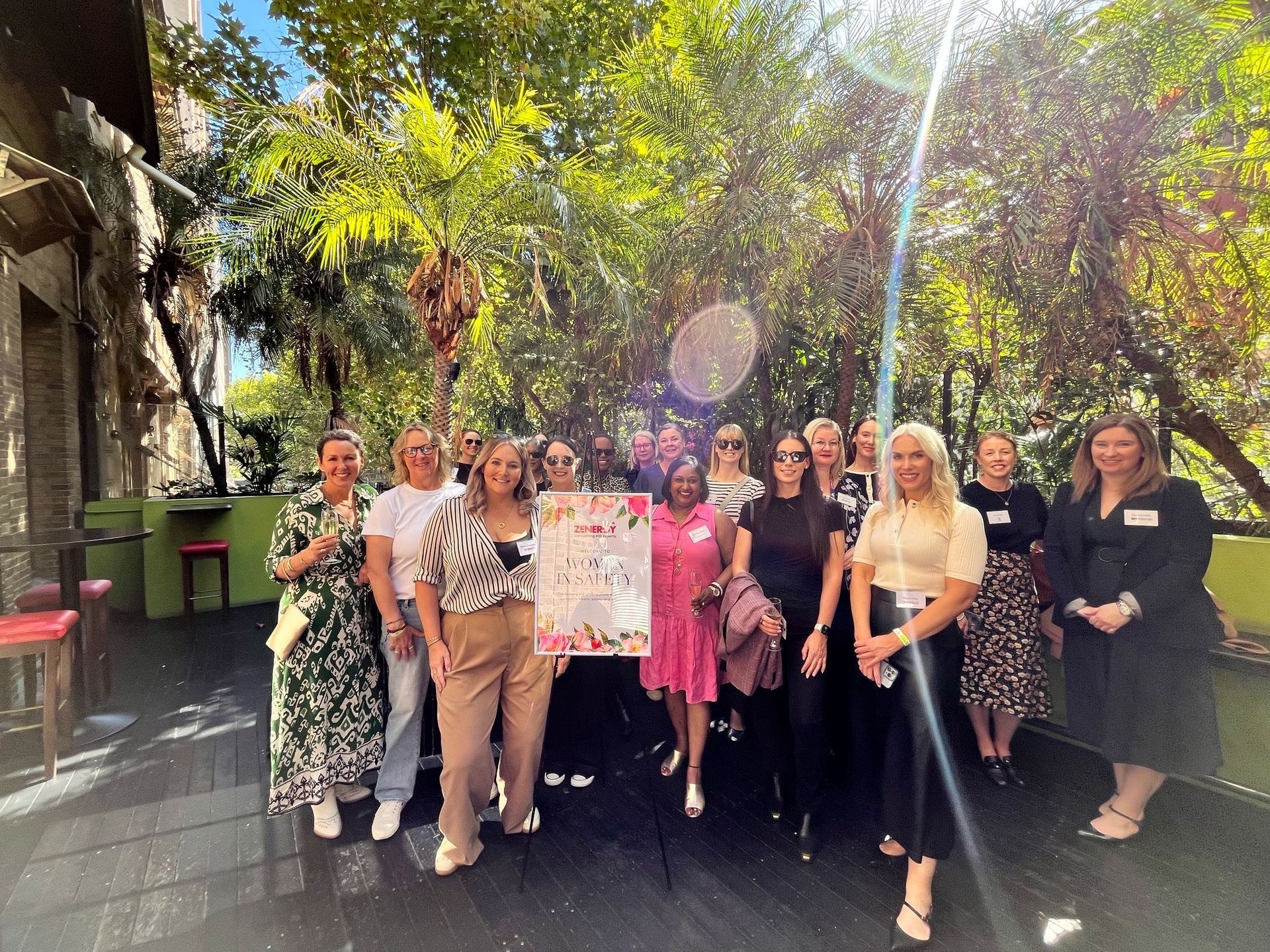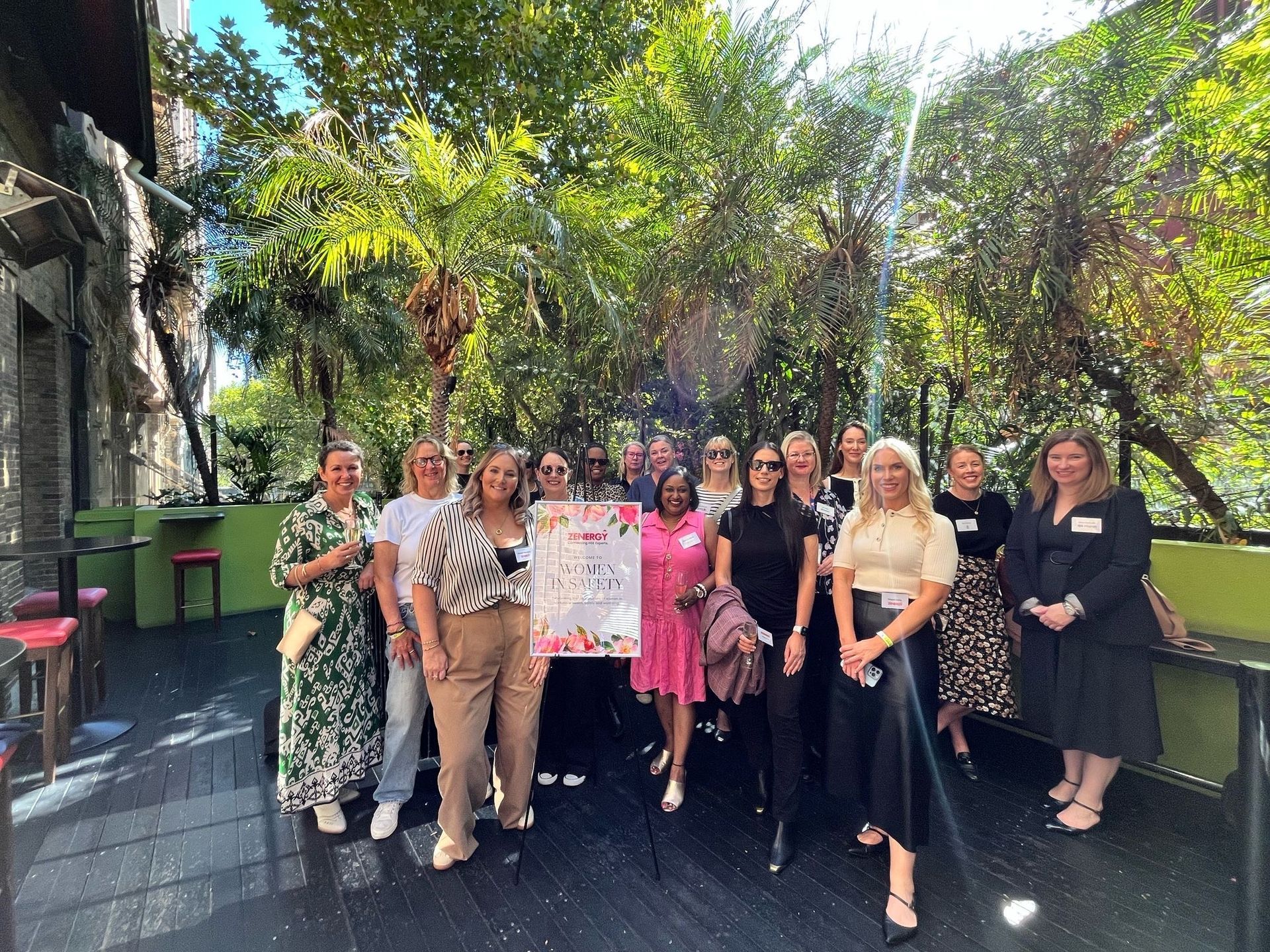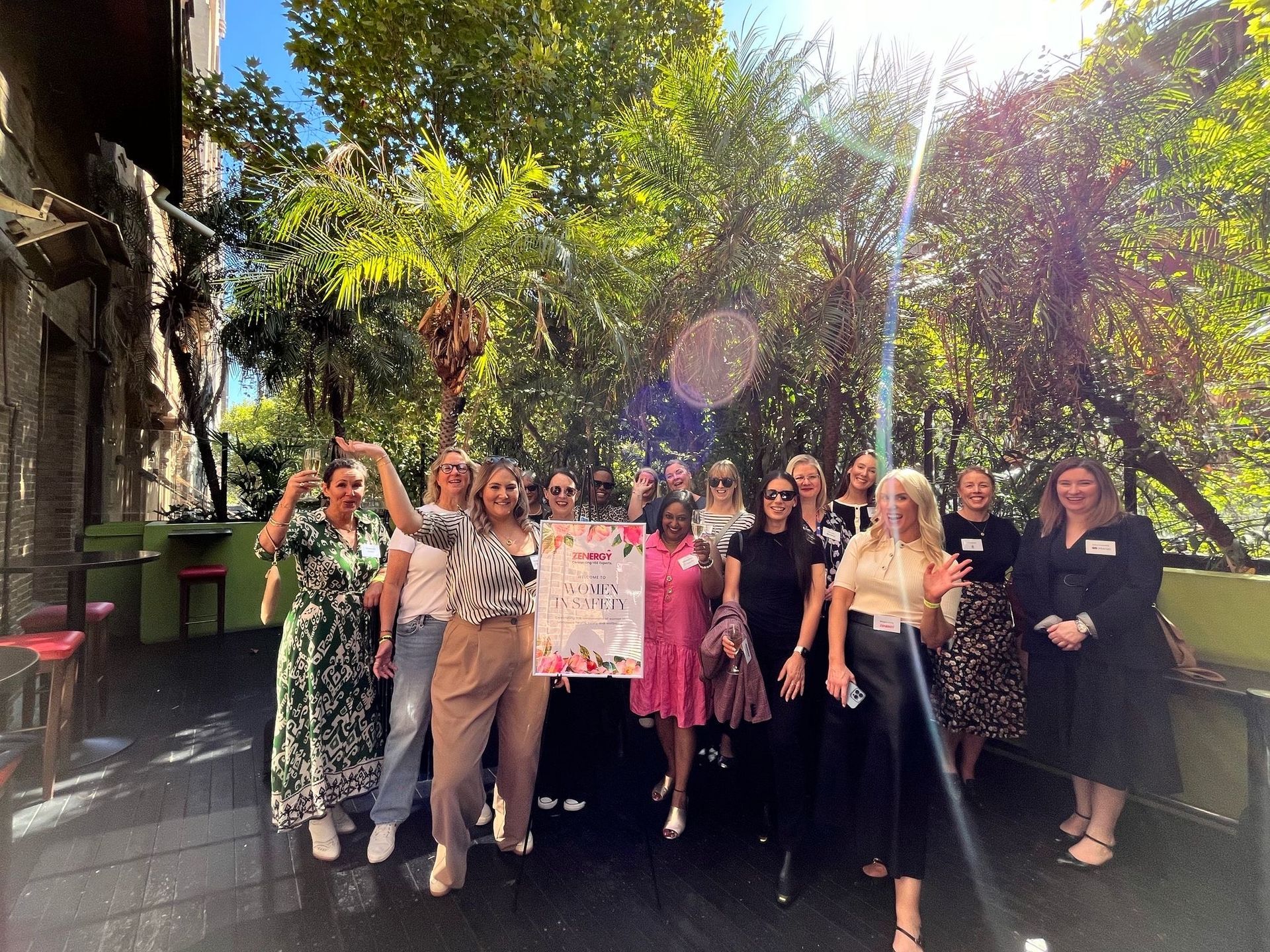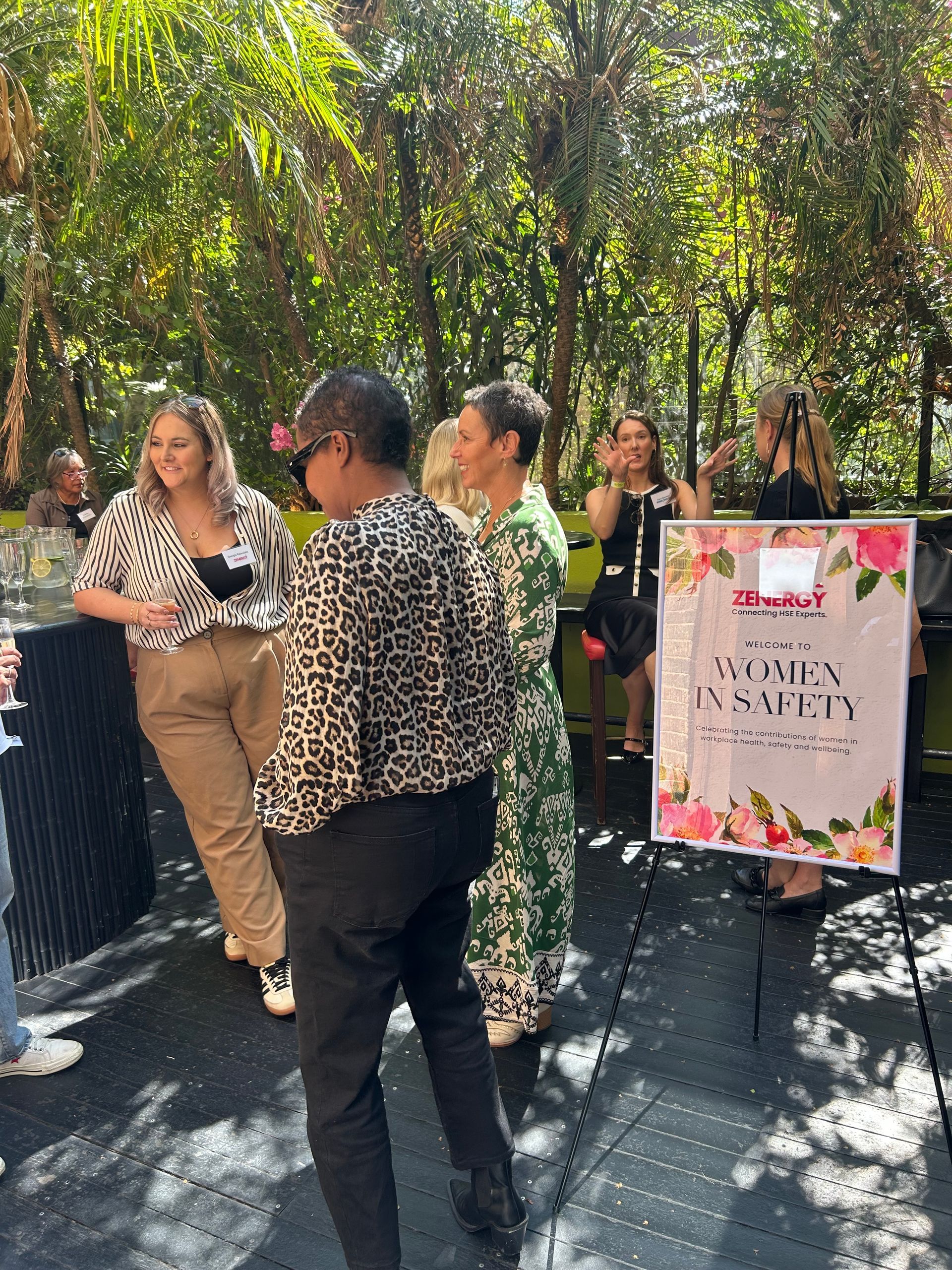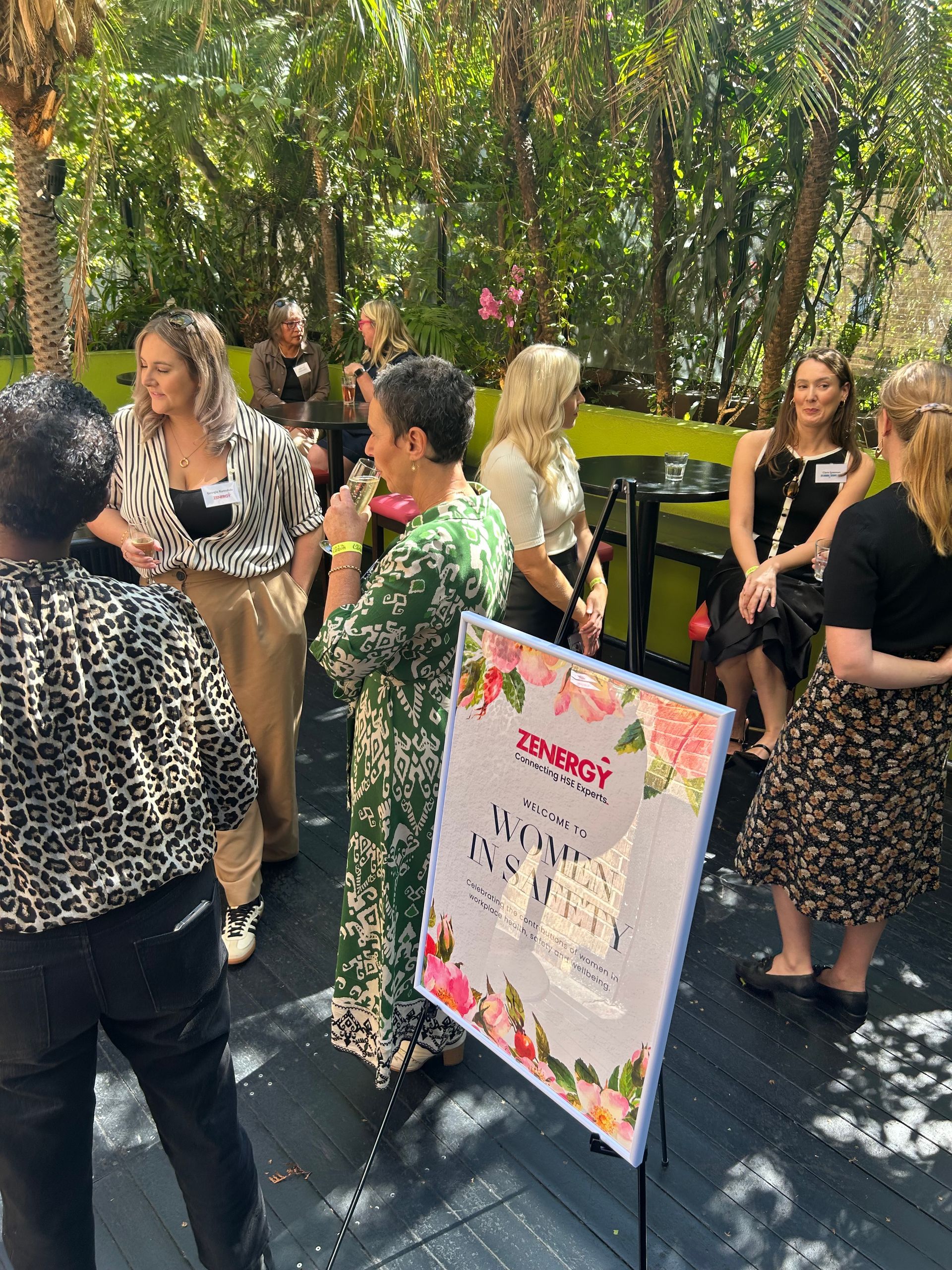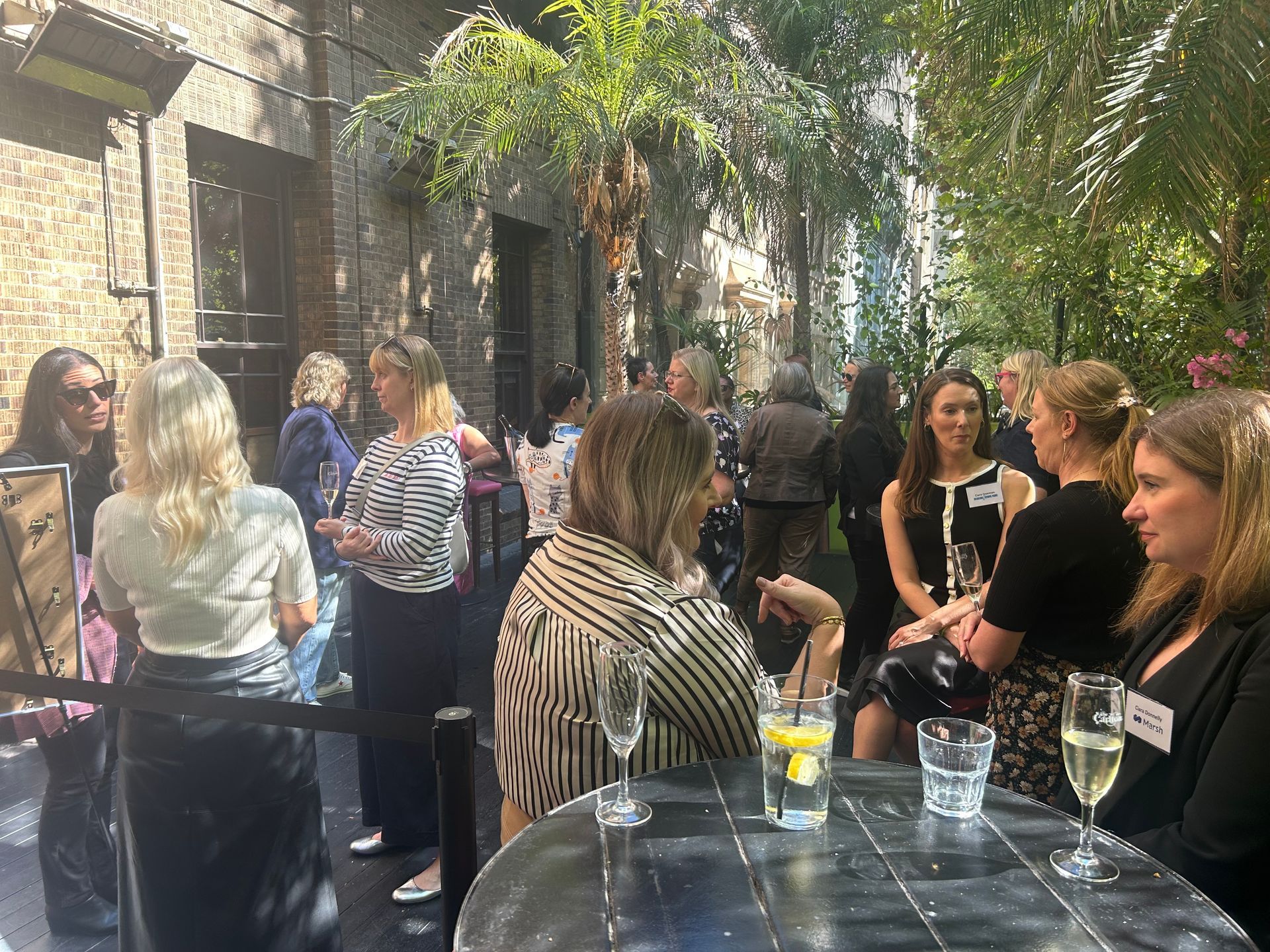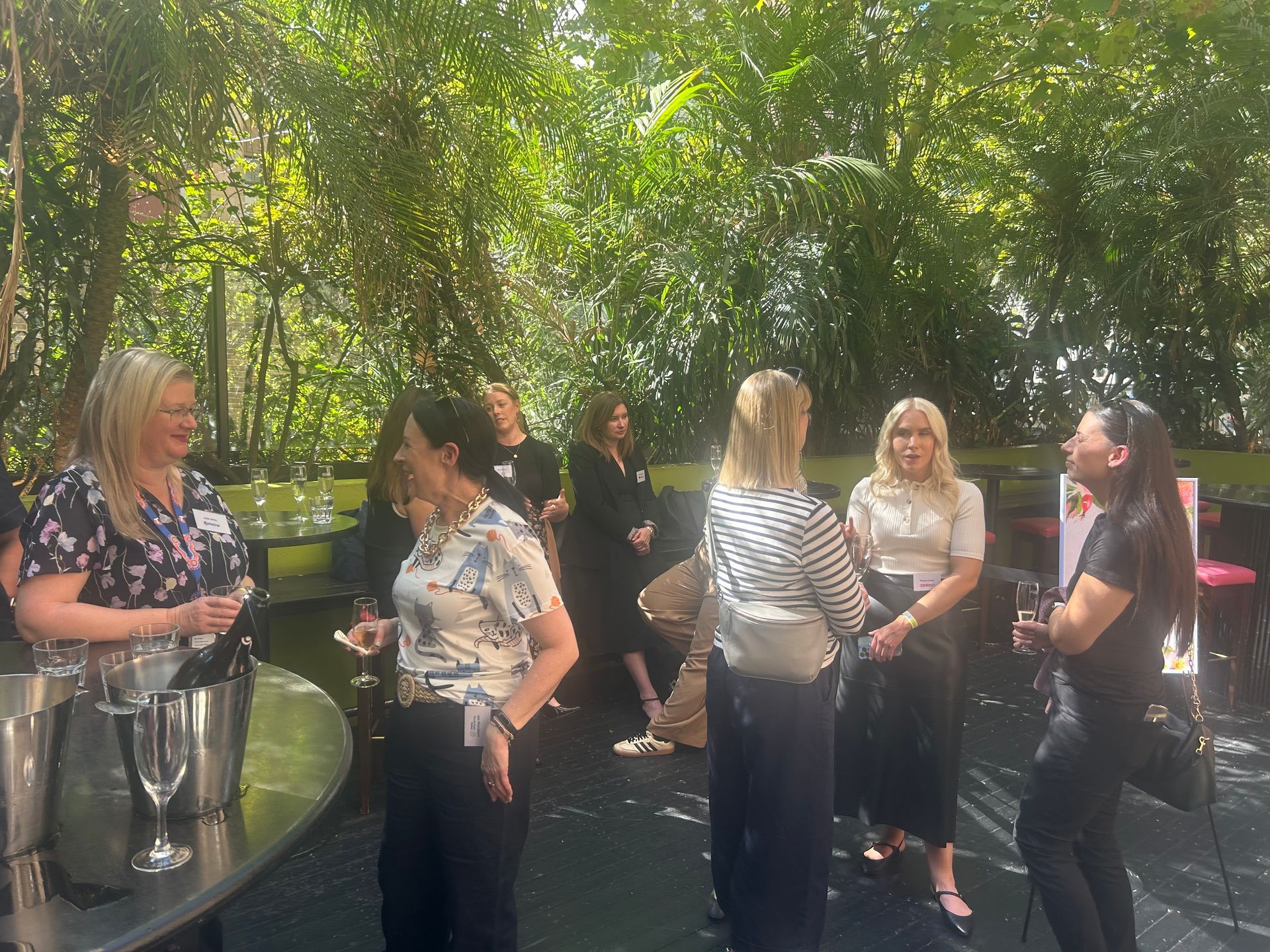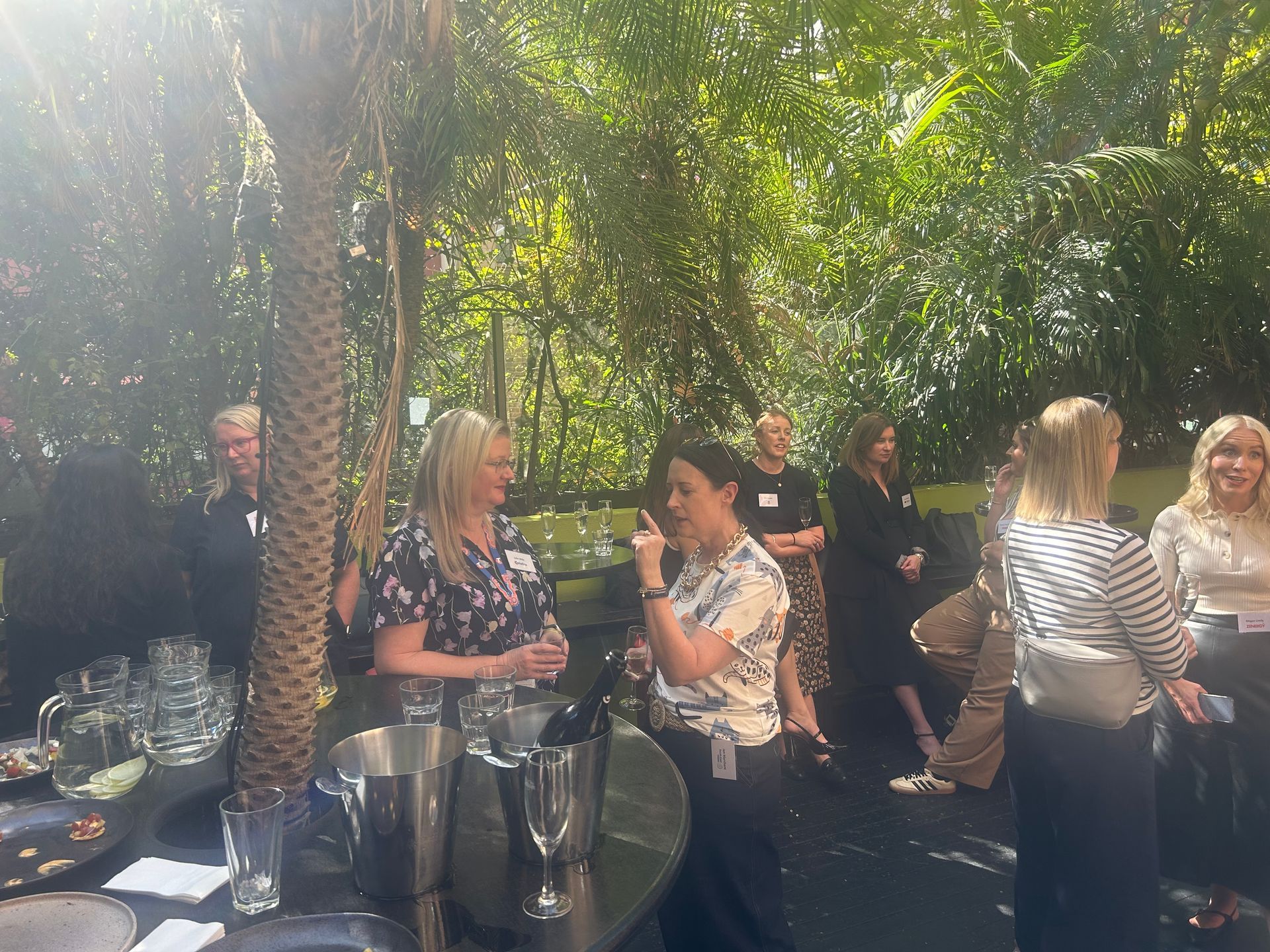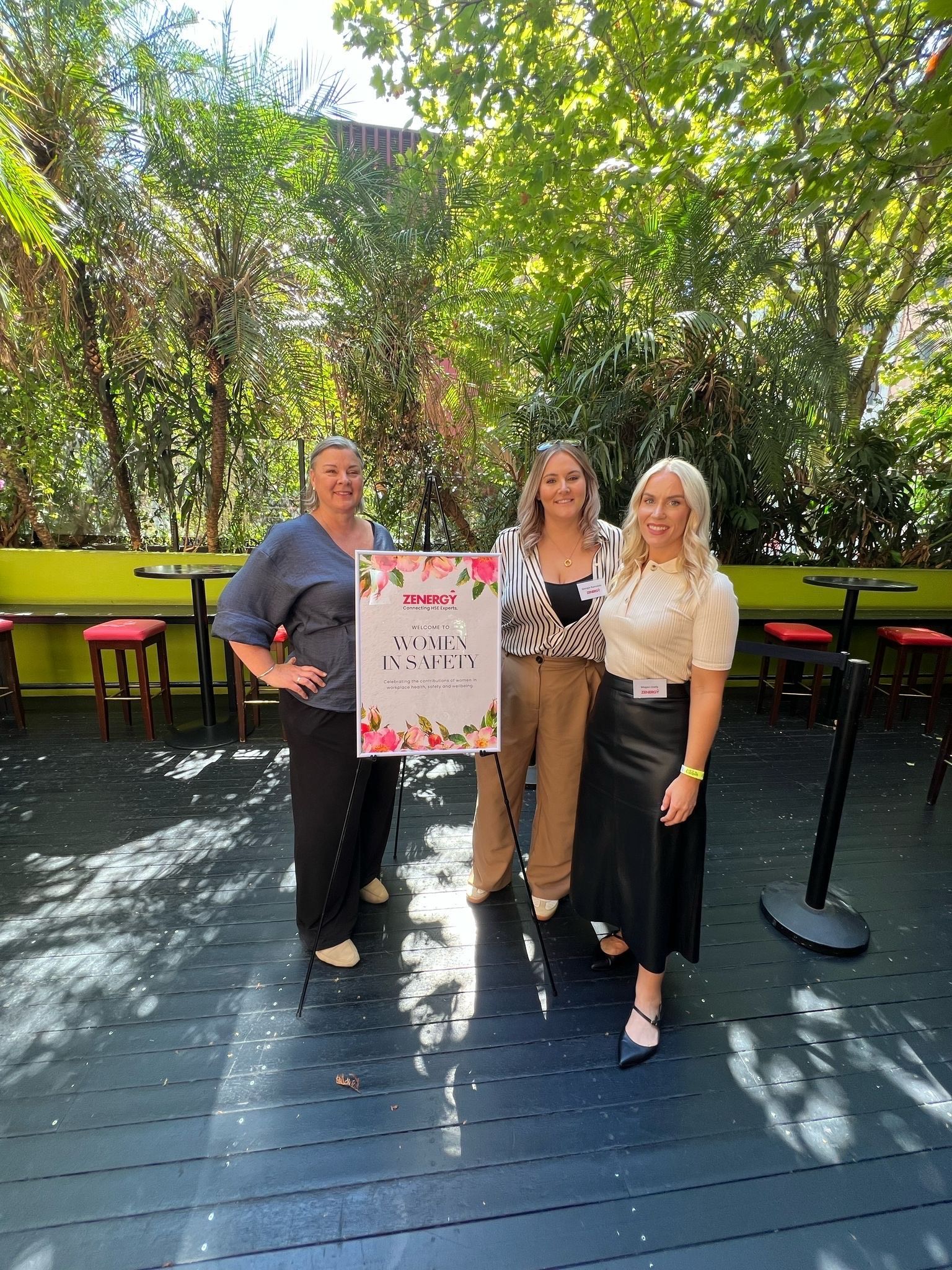Women in Safety: Connection & Collaboration
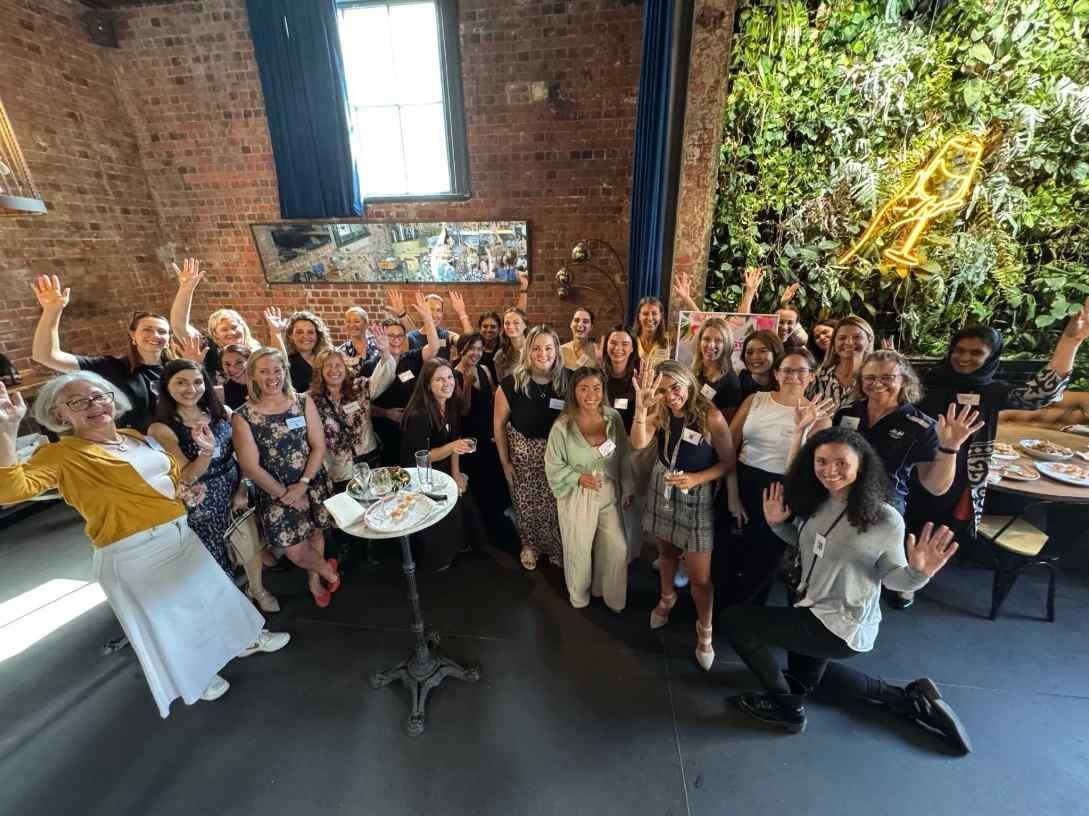
Zenergy recently hosted Women in Safety, a special networking event dedicated to fostering collaboration in the health, safety, and wellbeing sector.
Held on March 20, 2025, at The Winery, Surry Hills, this event provided a relaxed and welcoming atmosphere where professionals gathered to exchange insights, share experiences, and build meaningful connections. With attendees from diverse industries—including construction, logistics, corporate sectors, and more—the event highlighted the vital role of women in shaping safer workplaces across Australia.
A Community of Support and Growth
More than just an afternoon of drinks and canapés, Women in Safety created a space for open discussions on challenges, innovations, and best practices within workplace health and safety. By coming together, attendees reinforced the importance of mentorship, collaboration, and peer support in a traditionally male-dominated field.
From seasoned professionals to emerging leaders, participants shared valuable insights on driving cultural change in workplace safety and fostering inclusive leadership. The event underscored the power of connection—reminding everyone that through shared knowledge and support, women in safety can continue to break barriers and drive positive transformation in their industries.
Melbourne’s Women in Safety Event: Another Success
Following the Sydney gathering, the Melbourne Women in Safety event took place on March 27, 2025, at The Carlton Club in Melbourne CBD. Once again, professionals came together to strengthen industry connections and engage in meaningful discussions about the future of workplace health and safety. The event was a fantastic opportunity for attendees to expand their networks and gain fresh perspectives from like-minded professionals.
Looking Ahead: More Opportunities to Connect
For those who missed these inspiring gatherings, more opportunities are on the horizon. The next NSW Women in Safety event is set for August 2025, providing another chance to connect, exchange ideas, and strengthen the growing network of women in workplace health and safety.
If you’re interested in joining the movement, reach out to your Zenergy contact or email info@zenergygroup.com.au to stay updated on future events.
Be part of the change—connect, collaborate, and lead the way in workplace safety!
Contact Us
Zenergy News


